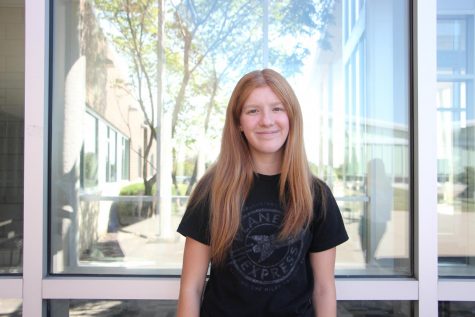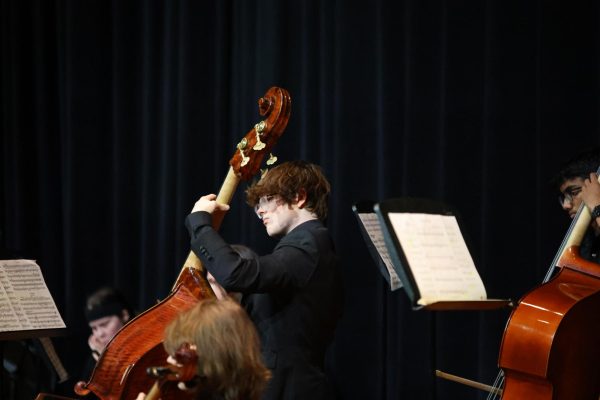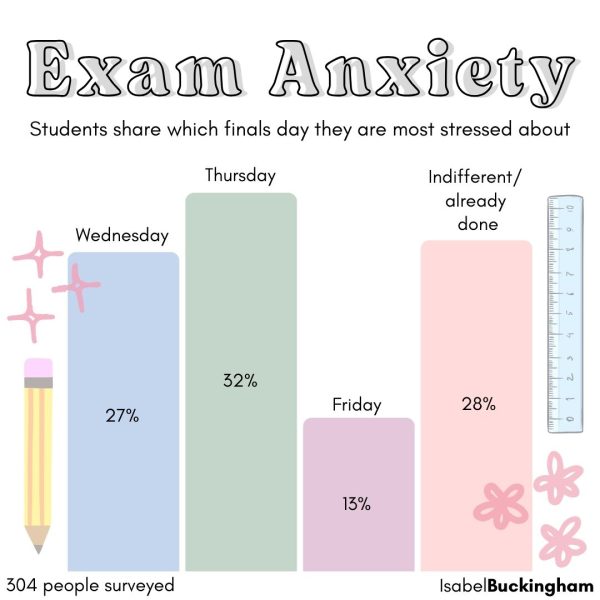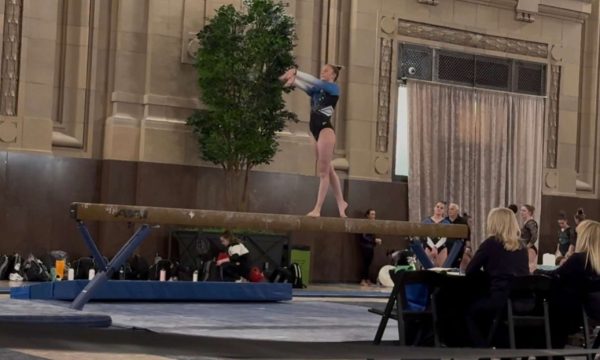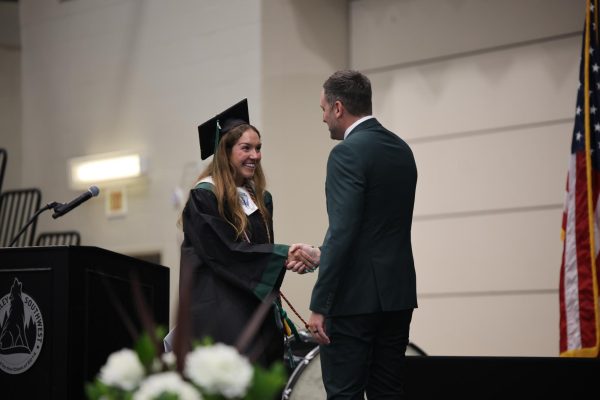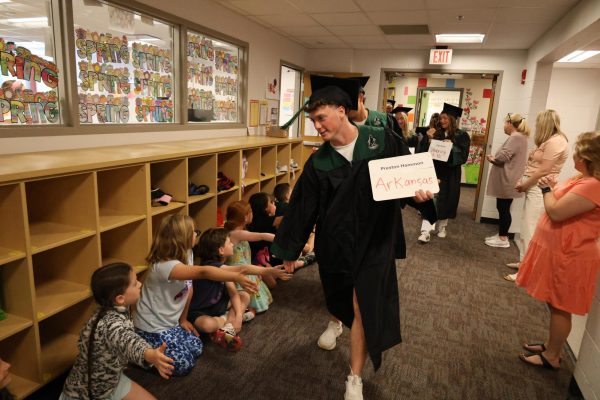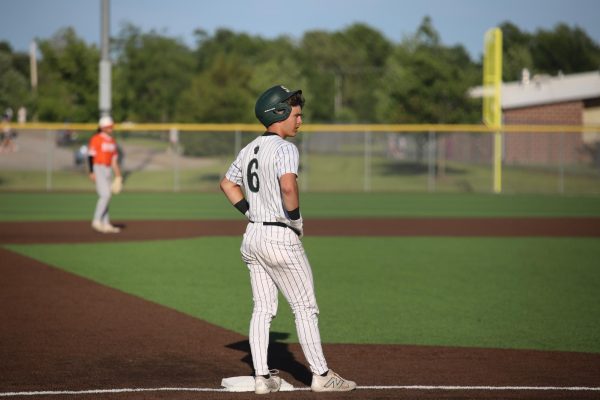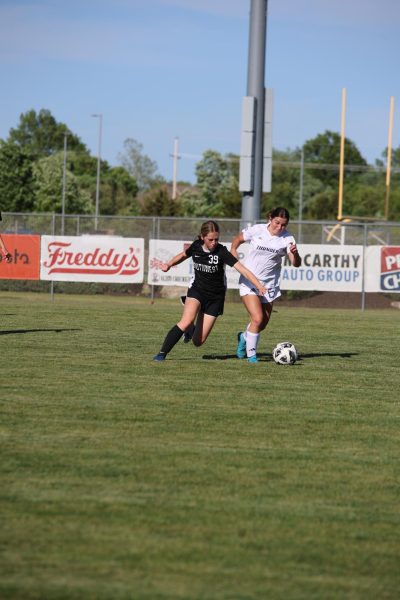Justice in our Hands: Youth court offers students opportunity to see ins and outs of the justice system
In an age of information and news at our disposal, students have more access and exposure to what goes on within the system by which we live. This, in many ways, has sparked a generation of people who want to take change into their own hands by being involved. One way students can get involved in the Youth Court program. This is a chance for students to see the inner workings of the judicial system by being active participants. School resource officer Mark Kelly is the sponsor for the program at school.
“Youth Court is a program for first-time juvenile offenders that are arrested for a crime in Johnson County, such as battery and assault or theft, or any other small or low-level crime, that is not drug or alcohol-related,” Kelly said. “It is a chance for them to go through the court system and complete the Youth Court program without that charge affecting the rest of their life. Meaning, if they complete the Youth Court program, the way they’re supposed to, that charge is wiped away forever, and it disappears.”
Kelly said Youth Court is a chance for minors to “rehabilitate” and start over without having their mistakes on their permanent record. Social studies teacher Matt Christensen said he thinks the program is beneficial for both the defendants and the students involved.
“I found it really impactful for the students that I had in the past because I felt that they could earn community service for something that they felt was helping their community,” Christensen said. “They felt that they were helping people their age by giving them a fair trial and fair representation and giving them the opportunity to … avoid some of the severe punishments that end up on your record.”
The real-world experience gained from being involved in deciding the deserved consequences for peers’ actions gives students a peek into the system of law. Sophomore Miriam Hill said this was a key reason for her deciding to join. She said Youth Court is very similar to real court and that it is a good way for students to decide whether the law is something that they would like to pursue.
“A good sense of morality and justice [is important to be on youth court],” Hill said. “You have to be willing to help people, yet also put work into it.”
Kelly said Youth Court caters to many different types of people in different ways. However, despite a student’s career mindset, anyone can join the program and all are welcome.
“We want anybody from seniors looking for community service hours, to students that are interested in the legal field, interested in being an attorney, interested in being a police officer, any of that stuff, that want to be an actual part of the court system,” Kelly said. “Anybody that’s interested in that, should definitely participate. It’s great for college resumes and you get double your community service hours.”
The impact of this organization is shown by the aftermath of the trials. Christensen said he has seen students who have gone on from Youth Court to be accepted into law school. On the flip side, Kelly has seen, firsthand, students who were on trial, end up joining the program to go on and help make an impact on other juvenile offenders. The students go from being on trial for their mistakes, to helping those in similar situations redirect their path.
“The law is protective of the people from the government, but it is also the role of the people to participate in it, not just be affected by it,” Christensen said. “So, playing the role of any of those positions is good preparation for life in the future.”


